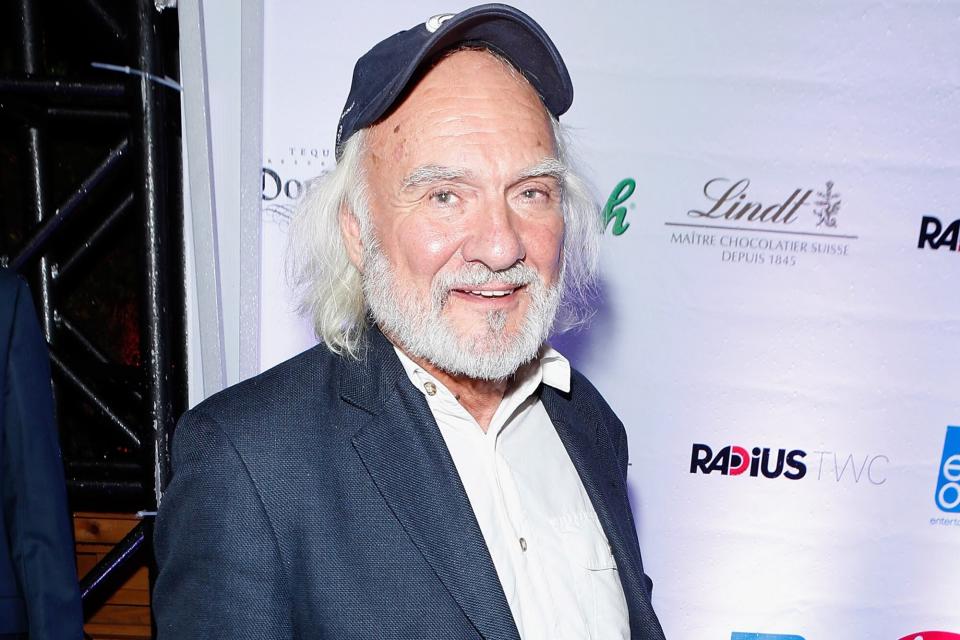Kenneth Welsh , Twin Peaks and The Day After Tomorrow actor, dies at 80
Kenneth Welsh, the prolific Canadian actor best known for his role as Twin Peaks villain Windom Earle, died on Thursday. He was 80.
"Kenneth Welsh passed away peacefully at home surrounded by loved ones," a representative for Welsh confirmed to EW.
ACTRA, the national union of Canadian performers, honored Welsh's legacy on Friday, posting on Twitter, "Ken was one of Canada's all-time great performers, with hundreds of memorable roles spanning decades. He will be greatly missed. Our condolences to his loved ones."

J. Countess/Getty Kenneth Welsh
Welsh had more than 200 film and television credits, including appearances in everything from Hollywood blockbusters like Legends of the Fall and The Day After Tomorrow to Hallmark holiday fare like A Nutcracker Christmas. He guest-starred on dozens of Canadian and American television shows, including The X-Files, Due South, The Expanse, Human Target, Being Erica, and Smallville.
ACTRA Toronto is extremely saddened today by the passing of Kenneth Welsh. Ken was one of Canada’s all-time great performers, with hundreds of memorable roles spanning decades. He will be greatly missed. Our condolences to his loved ones. pic.twitter.com/SqcV3Wmhqk
— ACTRA Toronto (@ACTRAToronto) May 6, 2022
Welsh was also a regular on AMC's short-lived and critically adored Lodge 49. His guest appearance in an episode of the upcoming Kids in the Hall reboot will drop March 13 on Amazon Prime Video.
However, the actor is likely best remembered for his turn as Twin Peaks' sinister chess obsessive, who ties his murders to a correspondence chess game he plays with Agent Dale Cooper (Kyle MacLachlan).
Welsh was born in Edmonton, Alberta, in 1942, and studied at the National Theater School in Montreal. He was named a member of the Order of Canada in 2003 for his service to the Canadian performing arts. Over the course of his career, he was nominated for four Genie Awards, which are given out annually by the Academy of Canadian Cinema and Television. He won the prize in 1996 for his supporting turn in Margaret's Museum.
Related content:
